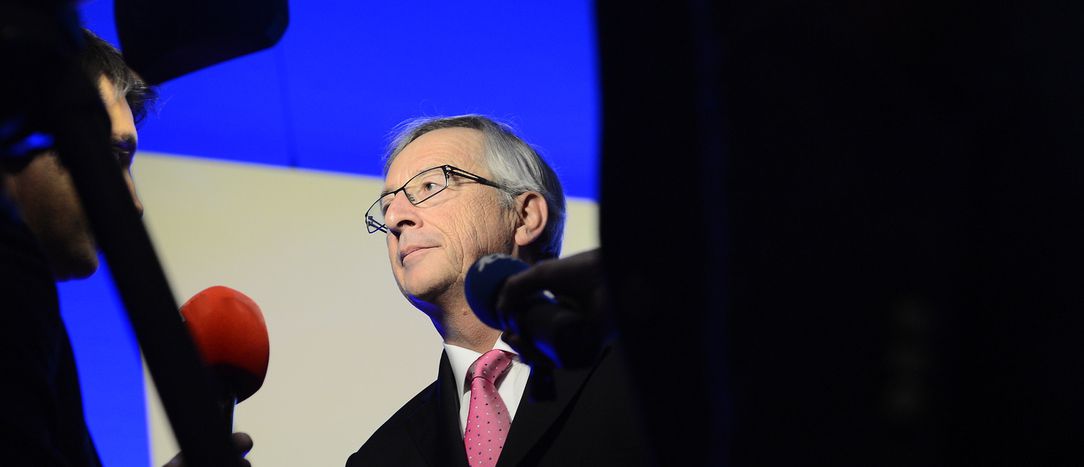
Who's to blame for the state of the European Union?
Published on
Translation by:
euro topicsIn his State of the Union address to the European Parliament in Strasbourg on Wednesday, EU Commission President Juncker said that the EU is in an "existential crisis" after the Brexit vote. Some commentators pin the blame for the state of the EU on the individual states. Others accuse Juncker of shifting responsibility.
Insight is the first step toward recovery - Jyllands-Posten, Denmark
Juncker has openly addressed the dire state of the EU, Jyllands-Posten writes in praise: "The current situation has revealed what is both the strength and the weakness of the EU: the fact that the European Union isn't stronger when the nation states do not agree. Many believe the solution to the refugee crisis does not lie with the individual countries, but have trouble agreeing on what competences should be ceded to the EU. Similarly, many agree that the construction of an efficient single market will help create jobs and foster competitiveness. Yet the freedom of movement that the single market requires is controversial in many EU countries... Juncker has recognised that the EU is in a crisis. This is the first step towards finding a solution." (15/09/2016)
Strengthen the nation states to strengthen the EU - De Tijd, Belgium
The nation states must first regain the trust of their citizens before they start thinking about how to tackle the challenges at the European level, De Tijd contends: "On the one hand the EU is accused of being powerless when it comes to decisions on migration. On the other it is criticised for being a super-state, undemocratically snatching power away from others... So the response to this contradictory criticism must be contradictory. The European Union must regain the trust of the EU member states in the national parliaments. From there it must try to get some results and strengthen its legitimacy. This can only work if pragmatic decisions are taken as to where political consensus and progress are possible and where they aren't. The migration policy can only really get going if the EU takes a step back and allows each country to decide for itself how many refugees to take in. That could give a pan-European policy fresh impetus." (15/09/2016)
No mention of Juncker's own mistakes - Frankfurter Rundschau, Germany
Juncker's shifting the responsibility for the state of the EU to the individual states is unimpressive to say the least, the Frankfurter Rundschau comments: "Anyone expecting Juncker to bring up his own mistakes rather than pointing to those of others was in for a disappointment. Far more important, in any event, would have been to say what the EU should stand for. For instance he could have said that the Commission has done too little to achieve a true equilibrium in Europe, which is why the EU now plans to press on with developing the monetary union. Instead he passed the buck to the individual states. Future solutions must be worked out with them, not without them. Just because it hasn't happened yet doesn't mean it won't happen at all." (15/09/2016)
EU more controversial than ever - Naftemporiki, Greece
There is little hope that the European Union can reach a common denominator on the big issues, Naftemporiki sighs: "At their last summit meetings the EU member states decided that today's challenges demand common measures and joint solutions - from the refugee crisis to financial stability to the fight against terror and tax evasion... In practice everything is heading in the opposite direction. Fences are going up, the Schengen Agreement is effectively being abolished. And while we keep hearing about increased cooperation and exchange of information in the fight against terrorism, according to Europol not much has happened on this score either... The Union has little elbow room for taking important decisions. The governments should bear in mind what Juncker stressed: history won't remember your name, it will remember your determination or your mistakes." (15/09/2016)
---
30 Countries, 300 Media Outlets, 1 Press Review. The euro|topics press review presents the issues affecting Europe and reflects the continent's diverse opinions, ideas and moods.
Translated from Juncker zur Lage der EU: Was nicht ist, kann noch werden?



